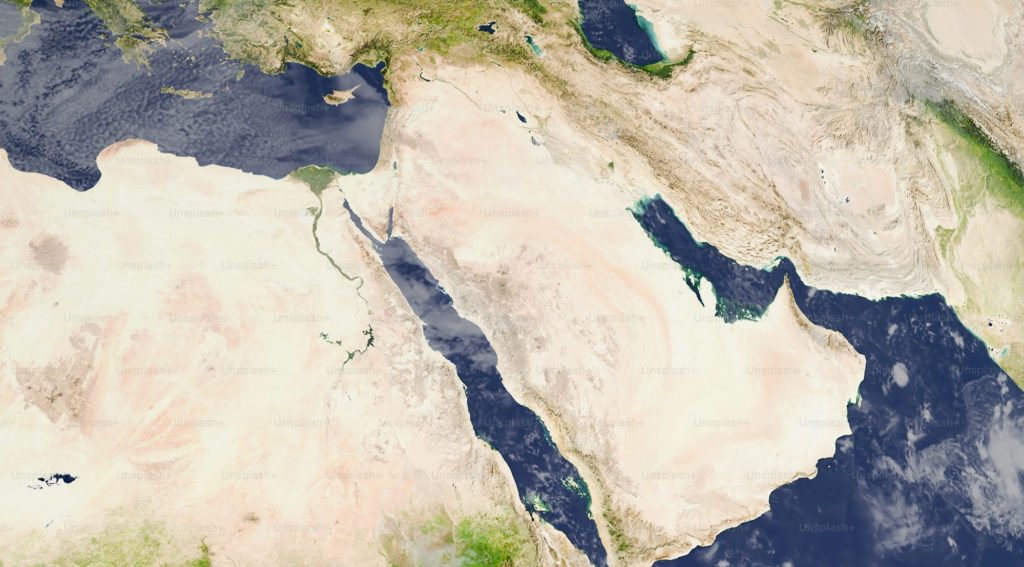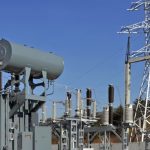The Middle East is poised for a significant economic uplift, with strategic artificial intelligence, or AI, adoption and robust climate action projected to add $232 billion to the region’s gross domestic product (GDP) by 2035, according to a new report from PwC.
The analysis underscores a future where the region’s GDP could reach $4.68 trillion, contingent upon a proactive approach to technological advancement and environmental stewardship.
The PwC report emphasizes that while widespread AI adoption could contribute an 8.3 percent increase through productivity gains, this growth must be harmonized with decisive climate action. This dual focus is crucial for unlocking the Middle East’s full competitive advantage in a rapidly evolving global landscape.
Connecting directly to the environment aspect of the ESG principles, the report highlights that effective climate resilience strategies are integral to sustainable economic growth. By mitigating the economic impacts of climate change and transitioning towards a low-carbon economy, the region can safeguard its future prosperity. This involves not only technological innovation but also a fundamental shift in institutional design and operational models.
Stephen Anderson, Chief Strategy and Technology Officer, PwC Middle East, said, “To unlock the region’s competitive advantage, businesses and governments must act with pace, purpose, and partnership.” His remarks underscore the collaborative effort required across sectors to realize the report’s ambitious projections.
Yahya Anouti, Partner, Strategy, PwC, Middle East and a Sustainability Platform Leader, provided critical insight into the interplay between AI and climate initiatives. “Balancing the cost and scalability of AI with the availability and affordability of clean energy is paramount,” Anouti noted.
This analysis by PwC illustrates AI-driven productivity must be developed and implemented in a manner that is energy-efficient and aligned with sustainability goals, preventing increased carbon footprints even as economies grow. Leveraging AI to optimize energy consumption, develop smart grids, and improve resource management are key examples of this symbiotic relationship.
Overall, the PwC report serves as a roadmap for the Middle East, advocating for bold, coordinated action from governments, business leaders, and academia. By strategically integrating AI and committing to comprehensive climate resilience measures—which are deeply intertwined with the environmental dimension of ESG—the region can not only achieve substantial economic growth but also build a sustainable and prosperous future for its inhabitants. This calls for a reimagining of traditional operating models and a dedicated investment in future-fit talent to navigate the complexities of a new economic era.











